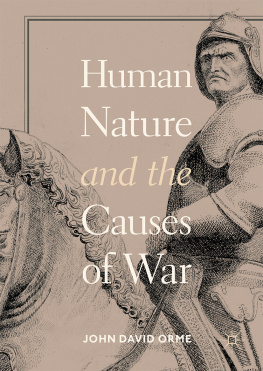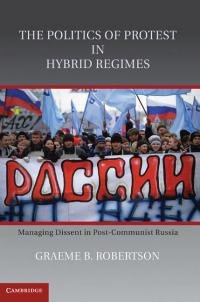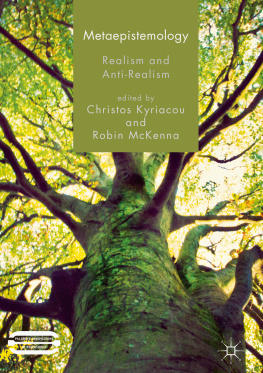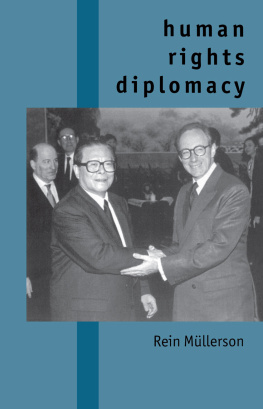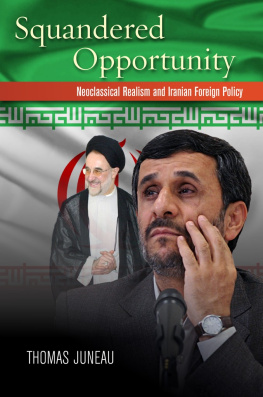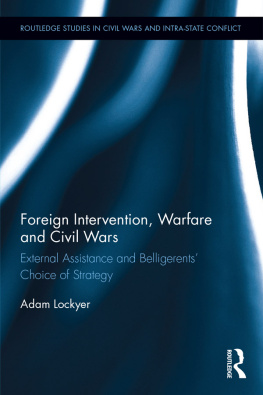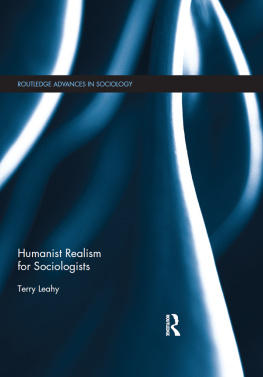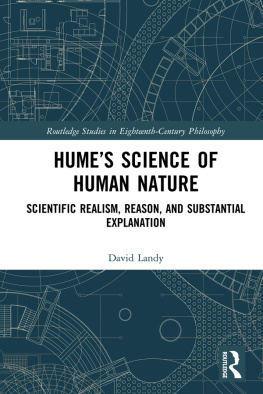To understand world politics, one must strive first to comprehend what statesmen seek, not only their explicit objectives but also their unspoken and unconscious desires. According to the doctrine of Neo-Realism and its offshoots, Offensive Realism and Defensive Realism , the crucial motivation is fear .
Defensive Realists deduce from the same premises a more hopeful conclusion.
Neither version of Neo-Realism is convincing. Regarding Offensive Realism , Randall Schweller has posed a pertinent question. In a world with all cops and no robbers, why would there be crime? (If all states were seeking only security , why would they ever go to war?) The standard argument is that statesmen misperceive their neighbors unstinting efforts to acquire power , setting in motion a dangerous spiral of hostility that can lead to war. The crucial problem is uncertainty. Other states may harbor aggressive intentions, and it may not be possible to recognize them. As Thomas Hobbes explained:
because there be some that taking pleasure in contemplating their own power in the acts of conquest, which they pursue farther than their security requires, if others (that otherwise would be glad to be at ease within modest bounds) should not by invasion increase their power , they would not be able, long time, by standing on their defense, to subsist.
This concern is not baseless, but seems somewhat exaggerated. Serious errors in the assessment of other states are certainly possible, but the intentions of others are not entirely unintelligible. Peaceful countries have ways of communicating their intent. Statesmen need not assume the worst about opposing states if they have some objective basis for understanding them. Moreover, statesmen not only fear their enemies, they also fear war. War brings death, destruction and sometimes defeat. It is not to be undertaken lightly. Fear would convince a leader to fight if he feels threatened by an enemy and confident that the enemy can be defeated. Those with the most to fear from others (weaker states) have the motive for such a war but not the means; those with the means (stronger states) lack the motive. War for the sake of security requires a curious combination of perceived vulnerability and confidence that, if not logically impossible, must be rather unusual. If Offensive Realism is sometimes right, it is right for the wrong reasons.
Defensive Realism faces a more basic problem. The cheerful prospect envisaged by its proponents is belied by the often-bloody history of world politics. The balance of power and the presumed advantages of the defender have not afforded states consistent security. The robust resistance to aggression expected by Defensive Realists depends upon the willingness of defenders to threaten retaliation and the attentiveness of potential aggressors to those deterrent threats. Neither is certain. Either the white blood cells of the international system are less reliable or the germs more virulent than the Defensive Realists have recognized. The anarchic international system is neither the catalyst nor the impediment to war that it is purported to be by these contending strands of Neo-Realism .
The root of the Neo-Realists errors lies in a deficient conception of the principal subject of the social sciences, human beings. Reinhold Niebuhr , writing in 1944, noted that the conception of human nature which underlies the social and political attitudes of a liberal and democratic culture is that of an essentially harmless individual. The survival impulse, which man shares with the animals, is regarded as the normative form of the egoistic drive. Seven decades later, this observation still seems apposite. The starting point for most academic commentary and theorizing about international politics in the last generation has been the assumption that leaders value security and prosperity above all else. The Classical Realist tradition, better grounded in political philosophy, provides a richer and more compelling description of humanity.
Readers of Chapter XIII of Hobbess Leviathan may be left with the impression that it is the desire for security alone that transforms the state of nature into a state of war. Elsewhere, Hobbes posits a generall inclination of all mankind, a perpetuall and restless desire of power after power that ceaseth only in death. He speaks initially of power as a means to obtain some future apparent good, but includes dignity as an important component of power . Later, in Chapter XVII, Hobbes asks why human beings cannot live sociably one with another as do bees and ants. His answer is that human beings are continually in competition for honor and dignity.
Jean-Jacques Rousseau contends that Hobbess assertion is anachronistic; he attributes to cavemen the behavior of courtiers. According to Rousseau, primordial men were solitary creatures, motivated solely by a desire for self-preservation. Because their needs were simple and their aggressiveness tempered by compassion, violence was infrequent. Only when men were drawn into society and became obsessed with their standing relative to others did conflict intensify. Vanity transformed the tranquil state of nature into a state of war.
The serpent in Rousseaus Garden of Eden is known today by such names as status, recognition, respect, prestige or esteem, all of which connote a high valuation by others. Public esteem can be pursued collectively or individually. It is sought by governments through acquisition of symbols that demonstrate international status in much the way that luxury automobiles, designer clothes or admission to exclusive clubs establish the standing of the socially ambitious. The most salient emblems of prestige and the most convincing proofs of great power standing throughout history have been the control of territory, the possession of advanced weaponry and victory in battle. One states appropriation of any symbol of status implicitly diminishes that of others. Security may be plentiful, as a leading Defensive Realist contends, but prestige is scarce. Only in Lake Woebegone are all children above average. Possessions, arms and victories not only raise a countrys status, but increase its power . Rivals are threatened with a diminution of security as well as a loss of esteem.
Most leaders desire personal prestige . Some are willing to risk war to attain it. Individual glory , like national status, is inherently scarce and its attainment is fraught with hazard. Glory is attributed only when a leaders actions are acclaimed by his chosen audience. Hence, the most dangerous contingency is when the publics yearnings reinforce private ambition, when a leader strives to win glory by enhancing the standing of his nation.
Prestige , Robert Gilpin states, is the reputation for power , especially military power . It has instrumental value, for strength that is recognized does not have be used. Prestige is thus for Gilpin the everyday currency of international relations. More specifically, statesmen seek security by forming alliances. Credibility is the cement that binds them. To maintain their alliances leaders must convince friends and foes that their promises of protection can be trusted. Because alignment with an unreliable partner diminishes rather than enhances a states security, leaders continually reassess their allies reliability. Those who fail to honor their commitments risk losing their credibility and eventually their allies. Whether an international system tends toward balancing or bandwagoning depends in large part on whether defenders maintain their credibility . Reputation matters, and prudent statesmen understand this. Territories take on greater significance when they become test cases of a defenders reliability. Leaders may feel compelled to fight for them even if their intrinsic importance is negligible. War for the sake of reputation is not always indicated, of course. Statesmen must make hard decisions about where to expend scarce resources and the preservation of credibility is not the only objective of policy. Hard experience teaches, however, that when leaders neglect credibility long enough unpleasant consequences follow.

